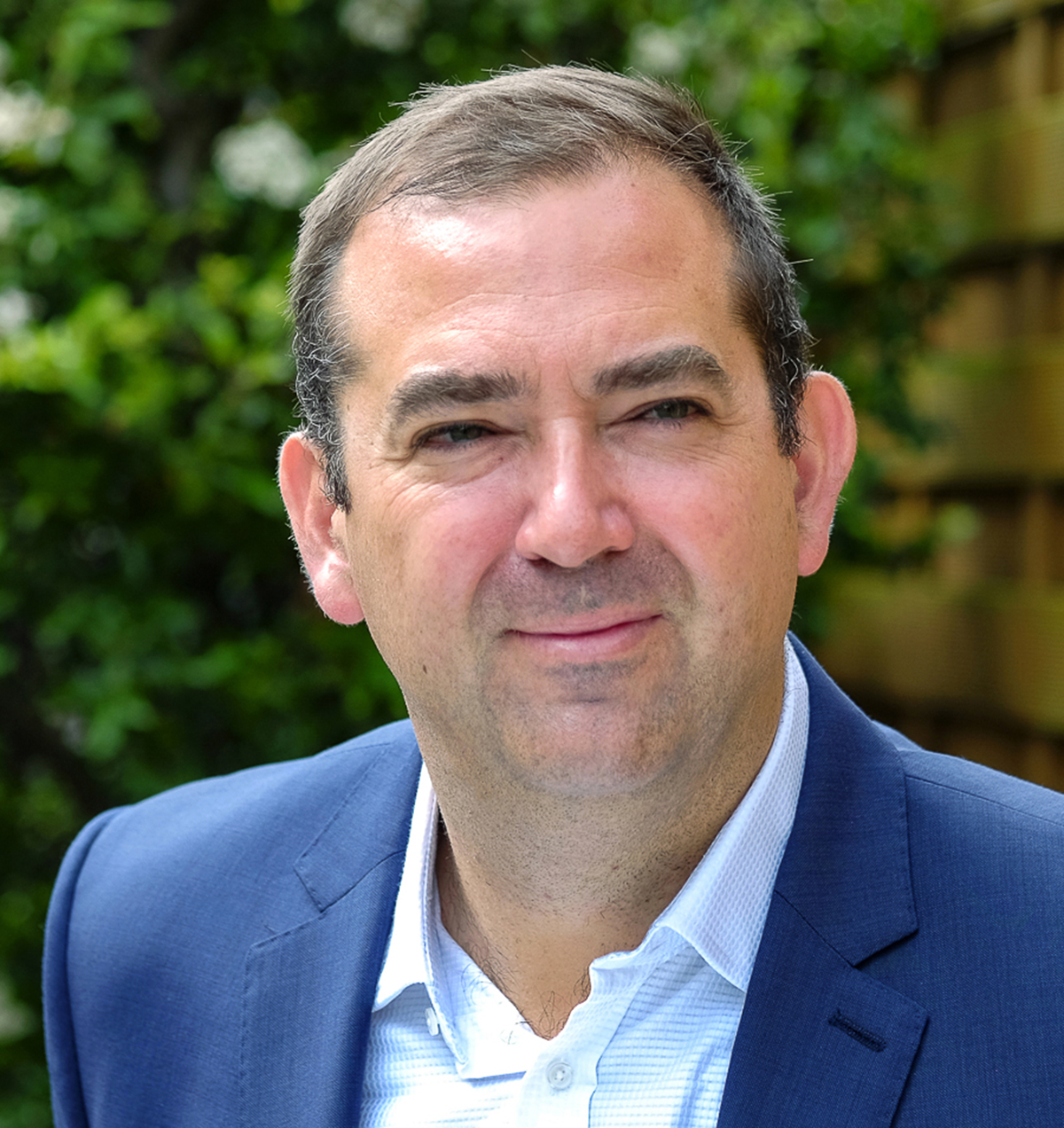Alike but unique
Featured Products Promotional FeaturesPosted by: Dental Design 8th April 2020

There is no doubt that you will have heard the expression “everyone is alike but we are all unique.” It is a mantra that often comes up and when you think about it, it is fortunate that we are not all the same. Certainly, not everyone is cut out to be a dentist for a start! What makes humans unique though, is our minds. They are independent of our presence and give us the ability to imagine, reason, wonder and think about things that are not physically present. We can make associations in our heads and evaluate ideas, objects and principals which helps us to communicate, represent ourselves, build relationships and to take a particular path or action. These skills also provide armour against life’s challenges, allow us to accept our own preferences, figure things out for ourselves and help us to gain confidence and independence.
The cultures, beliefs and ideologies of human societies around the world are entirely different. Yet equivocally, humans are actually quite alike! We all need water, nutrients and sleep to survive and we can receive donated blood and organs from each other, even if they originate from the other side of the world. It could be argued that there is more that unites us than divides us, for instance, we can all laugh – we may not find the same things funny and a smile may be more difficult to coax out of one person than another, yet everyone has something that they find humorous or makes them happy. Similarly, everyone feels afraid at some point and we all feel pain whether it is physically, mentally or emotionally. Interestingly, we tend to be more friendly, caring and compassionate towards people that are like ourselves. We feel more comfortable and confident with people that appear to be on ‘the same wavelength’. Also, we like to feel important – not necessary to be as successful as Richard Branson or Bill Gates, but everyone wants to feel that they have value and that they matter.
For obvious reasons, the dental team are masters at making patients feel as comfortable as possible when they visit the practice. Whether they encounter patients who are outgoing or reserved, confident or nervous, talkative or solitary, they are all welcomed and respected equally. Investigations into patients’ concepts of respect tell us that respect incorporates empathy, care, autonomy, provision of information, attention to needs, dignity and recognition of individuality.[1] Undoubtedly, people want to be understood, to have their thoughts and feelings considered and to feel that they matter. Fundamentally, they want to be valued as an individual and be confident that their care will be tailored to their very own unique requirements.
One size definitely does not fit all when it comes to dentistry. Recognising and responding to the needs of an individual is essential to support the concept of personalisation and truly patient-centred care.[2] Dental professionals are required to consider a patient’s physical, psychological, social, spiritual and financial circumstances in order to communicate and react accordingly. Indeed, this forms an important part of the assessment process and ensures that every patient receives the very best dental health care and provision.
Take tooth loss as an example. Patients that need to have teeth extracted or have lost a tooth due to decay, disease or trauma do not want to feel morally judged or blamed for their circumstances. They may be worried, embarrassed, feel a sense of loss, uncertain about how they are going to manage or even afraid. Therefore, the patient’s history (social, dental, medical, anxiety level), their preferences, beliefs, thoughts and feelings are just as important as the full clinical examination. Only when all these elements have been taken into account, can personalised treatment be planned. For instance, clinicians often recommend dental implants to replace missing teeth, but of course, these are not suitable for every individual. As well as the physical indications and risks that may compromise the success of implants, the patient could be frightened of undergoing oral surgery or worried about recovery. They may not have the time or the ability to keep the implants maintained properly or are simply unable to afford them. Consequently, a less invasive, cost effective option should be offered to replace the missing teeth; to restore function and aesthetics but also, to ensure that all the patient’s specific needs and preferences are met.
Solvay Dental 360® is committed to supporting clinicians with the delivery of high quality, personalised care. This market leading manufacturer has custom-developed Ultaire® AKP – an advanced polymer-based material – specifically for the fabrication of biocompatible, metal-free removable partial dentures (RPDs). Ultaire® AKP fits into the digital workflow allowing RPDs to be designed with precise accuracy to achieve superior retention, a natural feel and supreme comfort and fit.
Modern dental technology, techniques and materials provide dental professionals with the scope to offer patients more choices and alternatives that meet their individual needs. It allows them to deliver respectful, personalised treatment which builds trust and has the potential to improve clinical outcomes and increase patient satisfaction.1
To book a Solvay Dental 360® Professional Lunch and Learn or to find more information about Ultaire® AKP and Dentivera® milling discs, please visit www.solvaydental360.com
[1] Dickert N.W. et al. Understanding respect: learning from patients. J Med Ethics. 2009 July; 35(7): 419–423. https://www.ncbi.nlm.nih.gov/pmc/articles/PMC3110664/pdf/nihms294374.pdf [Accessed 22nd January 2020]
[2] NICE Clinical Guidelines, No. 138. 6 Knowing the patient as an individual. Patient Experience in Adult NHS Services: Improving the Experience of Care for People Using Adult NHS Services: Patient Experience in Generic Terms. Royal College of Physicians UK; 2012 Feb. https://www.ncbi.nlm.nih.gov/books/NBK115223/ [Accessed 22nd January 2020]










